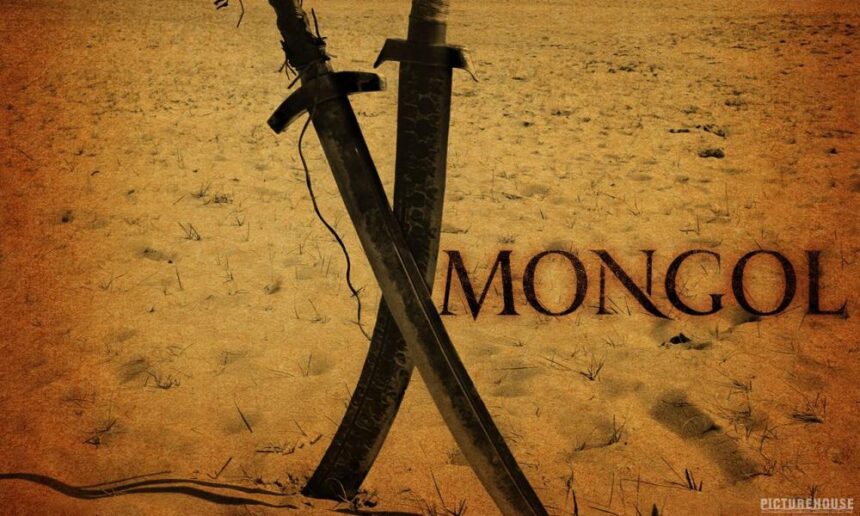Until recently, Mongolian studies were limited to topics such as history, culture, tradition, religion, shamanism and reindeer people.
This project, which is funded by the European Research Council, has a research team that consists of researchers from the United States, Australia, the United Kingdom, Germany and Mongolia.
Their project coincides with us, the Mongolians, looking back at our 25-year political, economic and psychological transition, which commenced after the democratic revolution. We are reviewing our progress and identifying the new challenges that lie ahead of us.
NEW ECONOMY
We have always been measuring our economic growth using indicators such as GDP, total production in mining, exports, foreign investment and prices.
Also, we often talk about how the benefits of economic growth have not been delivered to ordinary households, despite the growth rate that impressed the world.
The project team will study what impacts the economic changes are having on the daily life of Mongolian people, how it is influencing their mentality, and what trends could be expected in the future. It appears that their study will be based on what changes are being made to living conditions in urban and rural areas due to the developments in types of property ownership, bank services, loan terms, mining and commercial industries.
This new approach will help us provide accurate information about Mongolia and its people to foreign countries, and assist us in making political and economic decisions.
The study will also be useful for understanding the manner in which new information, initiatives and values affect the economic decisions of ordinary people. It will examine what outcomes everyone’s choices are producing in the environment and how they contribute to shaping social and political relations.
Political decision makers in many countries are currently talking about reviewing and making changes to the economic models that once were commonly perceived to bring about great prosperity. The current events taking place in Mongolia’s economy could depict how capitalism is formed in a developing country.
This project will help discover how the policy that produced impressive economic growth only a few years ago, has now led to a sudden decline, tugrik depreciation, and increased debts.
NEW AREAS OF RESEARCH
The project team emphasises the emergence of a new economy and area of anthropological research in Mongolia. It is followed by new social relations and interdependence.
The project will focus on five key areas: changes in property and ownership regimes, gendered trade relations, the bank and credit market, social and environmental dimensions of the mining industry, and environmental and nationalist movements in Mongolia.
One of the outcomes of this project will be an established methodology to observe the development and changes of emerging subjects. Furthermore, it will help describe how Mongolia’s economy is changing, what impacts it is producing on people, and how it is affecting the shaping of the future.
The project team hopes that the outcomes of their study will be in a more theoretical place in a few years’ time. Currently, it cannot be said that Mongolia’s new economy is either a clone of globalised capitalism or has found a new form that can replace the former. The only certain thing is that the economy is not separate from other parts of society, but closely connected to them.
It is viewed by the project team that, at the end of this project, the people will have an idea of what kind of economy they want and how they can create it.
This article is a brief summary of a new start in Mongolian studies.
2015.05.27












